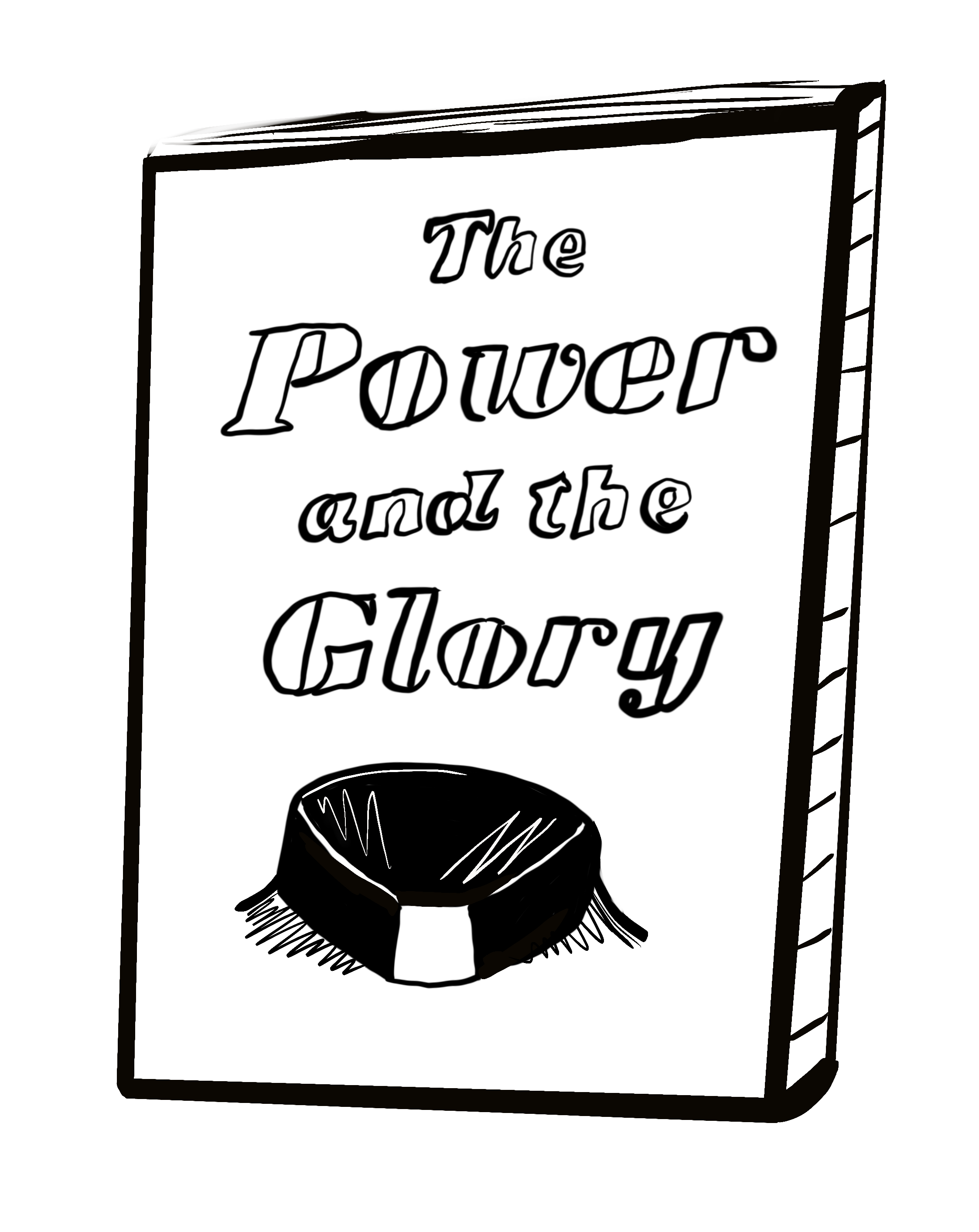‘The Power and the Glory’ review: the struggle of faith, the faith of struggle
September 30, 2021
 Kate Padilla
Kate PadillaThe whisky priest is on the run. In 1930s post-revolutionary Mexico, Catholic priests are not welcomed by the government. Led by an ideologically-driven lieutenant, the police of the southern state of Tabasco have found and captured nearly every priest in the area. Those who have not fled are either shot or forced to marry. The whisky priest is one of, if not the, last who remains free. Hunted relentlessly by the authorities, he trudges through the harsh terrain of southern Mexico in shoes whose soles have long since disintegrated. Rumors of his resistance pass in whispers from town to town, village to village. So long as he is free, he remains a symbol of hope to the Catholics of Mexico. The police lieutenant, who hates religion with a vengeance, understands this, and he is willing to use extreme means to hunt down the priest.
On the surface, the priest appears to be heroic. Yet, as his moniker suggests, the whisky priest is far from saintly. Even as he is on the run, he squanders the little money that he gets from believers on alcohol because it staves off his immense fear of dying. Though he is a firm believer, he finds little consolation in becoming a martyr or attaining eternal afterlife; often, it seems as if he is driven less by the righteousness of his beliefs than by sheer fear. His weaknesses, however, do not end there: he has let just about every single one of his priestly routines go and, perhaps most damningly, he has gone as far as breaking his vow of celibacy and fathering a child. The whisky priest, after all, is human.
Escaping from town to town, he reflects on and sometimes wallows in his past failings, yet he finds that he cannot truly condemn himself, for he loves his daughter without shame, without reservation, without pride. And though he has surrendered so much over the years, he never commits the ultimate surrender of turning himself in. He cares too much about the world of the living—even if it is, as the priest recognizes, often terrible: “a world of treachery, violence, and lust.” The priest has little faith in martyrdom, yet he is also not interested in just making it out alive. Again and again, he halts his escape because someone is looking for a priest, any priest. Duty calls, and he never fails to answer. He is one of the most fascinating and nuanced characters that I have ever read about.
Not to be outdone, the police lieutenant hell-bent on finding the priest is equally fascinating. Growing up under the influence of Catholicism, the lieutenant has grown to hate it with a fanatical passion. Yet his hatred is not unfounded: the Catholic Church has taken much hard-earned money from the poor in exchange for rather large and hollow-sounding promises. Catholicism, the lieutenant believes, has failed to deliver prosperity to Mexico—and so long as the people believe in Catholicism, Mexico will not prosper. The lieutenant only wants what is best for Mexico, but among other extreme tactics, he kidnaps villagers to pressure people to inform on the priest. He recognizes the contradiction in his actions, yet he thinks they are necessary for the greater good.
Even with such large questions of purpose and meaning at stake, there is no single moment of clarity in this novel, no sudden realization or epiphany. The priest seems to make important discoveries about his faith along the way, but they quickly fade away as matters of survival take precedence. The author Graham Greene, however, never makes the suggestion that the characters are committing follies, and there are genuinely beautiful passages strewn throughout the novel, such as the priest’s articulation of his love for his daughter: “That was the difference, he had always known, between his faith and theirs, the political leaders of the people who cared only for things like the state, the republic: this child was more important than a whole continent.” But these moments are always followed by a sense of doubt: the priest knows that he loves his daughter, but he doesn’t know if he actually loves her as much as he thinks he does. The priest never has a firm grip on anything. He grapples constantly, about faith, about what it means to be alive, and he never stops grappling. Death would almost be too easy for him, or too premature. He is doomed to keep living, to keep struggling with his questions. He is perhaps holier by this account, and he is certainly more compelling because of it.

Comments
Before submitting a comment, please review our comment policy. Some key points from the policy: